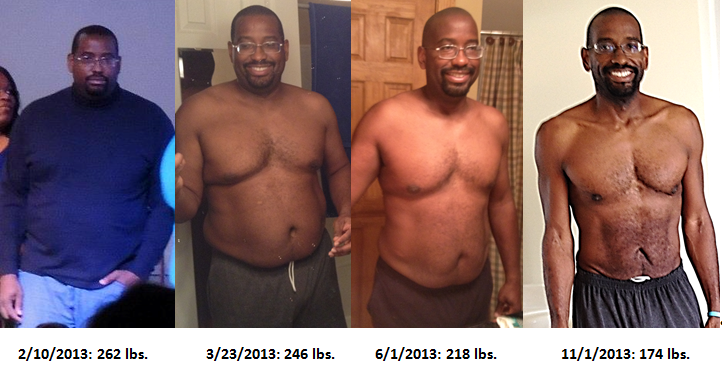
The skin is the largest organ in the body. It regulates our temperature and protects against diseases. There are certain things you should know about skin care. You will find important information and facts about skincare in the following article. You might be surprised to find out how much your skin is really worth. Continue reading to learn how skin care can improve your health. Remember to apply sunscreen every single day.
Healthy living: Do's and Don'ts
Healthy living is key! This does not mean that you should eat junk food or overeat. Try to eat a variety fresh foods and avoid processed foods. Preservatives, chemicals and fats are all in processed foods. Incorporate fresh fruits, vegetables and other healthy foods into your daily routine. Vitamins and other supplements can be a great way of keeping your body in tip-top condition.
Skin is the largest organ of the body
Your skin is the largest part of your body. It serves many important functions. The skin is composed of three layers. The epidermis, which is the outermost layer of skin, has dead cells. It is constantly flaking and being washed off. As new cells grow from the lower epidermis to the top, they die. The whole process takes about 28 days. To protect your skin from damaging UV rays, moisturize daily.

The skin is composed of water, protein and fats. It also regulates body temperature and contains nerves. It is the largest and most important organ of the human body. It contains 11 miles of blood vessels. It is an important organ that needs to be healthy and beautiful. It helps you stay safe from the sun, rain, and wind. It will glow and give you a healthy, glowing complexion if you take care of it.
It regulates temperatures
The hypothalamus can be found in the brain. It is responsible to regulate temperature. It balances body fluids. It maintains salt concentrations. And it controls the release chemicals that regulate temperature. Various parts of the body, including sweat glands, blood vessels, and vents, work with the hypothalamus to maintain the body's temperature. This information allows the hypothalamus regulates body temperature.
Animals can reduce their metabolic rate to conserve heat in extreme temperatures. The lower metabolic rate is less expensive, and many animals can survive cold frosty nights through torpor. A feedback system is a combination of a modulator and effector that regulates biological temperature. The system helps maintain homeostasis, or the balance between temperature and the other aspects of the organism.

It protects you from disease
The term "vaccine" describes any substance that is supposed to protect against a specific disease. The majority of these medications use genetically weakened pathogens. The cow skin disease virus is used to strengthen the smallpox vaccine's genetic material. The weakened virus is known as a "live-attenuated" virus. But is it a safe product? What protection does it offer against infection?
FAQ
How can you improve your mental or emotional health?
-
Exercise - This improves brain function, and boosts energy levels.
-
Sleep – Getting enough sleep can help reduce anxiety and stress.
-
Nutrition - Eat healthy foods such fruits and veggies to keep your body strong, energized and happy.
-
Meditation - Meditation regularly can help reduce stress and anxiety.
-
Socialization - Spending time with friends and family, keeps us happy and connected.
What are some examples of mental-emotional problems?
Any condition that causes distress or impairment to functioning is called a mental disorder. Some examples of mental disorder include anxiety, depression, schizophrenia.
Is it more important to have mental health than work?
Everyone's mental health is important, especially when working. It is important to take time to relax, whether you're at work or with friends.
Talking to your boss is a good idea if you have trouble relaxing. They may be able to suggest ways to relieve your stress.
Your physical health is important too. You should eat right, exercise, and get plenty of rest.
Statistics
- According to the National Alliance of Mental Illness (NAMI), one in five Americans experiences mental health issues which translates to more than 40 million adults a year. (doctorondemand.com)
- More than 50% will be diagnosed with a mental illness or disorder at some point in their lifetime.3 (cdc.gov)
- More than 40 million adults in the United States have an anxiety disorder, but less than 37% of people seek mental health treatment for their symptoms. (talkspace.com)
- Neuropsychiatric diseases are the leading cause of death and disability in the U.S., accounting for 18.7 percent of all years of potential lifespan loss and premature mortality.
- Similarly, while there is some agreement about the boundaries of typical mental disorders 2, there is likely less agreement about those for positive mental health. (ncbi.nlm.nih.gov)
External Links
How To
How To Improve Your Memory
Memory is something that everyone would love to be able remember better. Unfortunately, memory loss can happen to anyone at any time. In fact, more than half of Americans over 65 suffer from some form of dementia.
It doesn't matter whether you're dealing with Alzheimer's, dementia, or other forms of cognitive decline; you have a lot of options when it comes to improving your memory. Here are three simple steps to take right away:
-
Get More Fruits and Vegetables. Fruit and vegetables contain antioxidants, vitamins, minerals, fiber, and phytochemicals that boost brain function. They are also rich in essential nutrients that help prevent neurological diseases.
-
Get enough sleep. A lack of sleep can lead to memory loss and poor concentration. You should get seven to eight hours sleep each night.
-
Take A Walk. Walking stimulates blood flow and improves memory. Walking makes you slimmer and healthier.